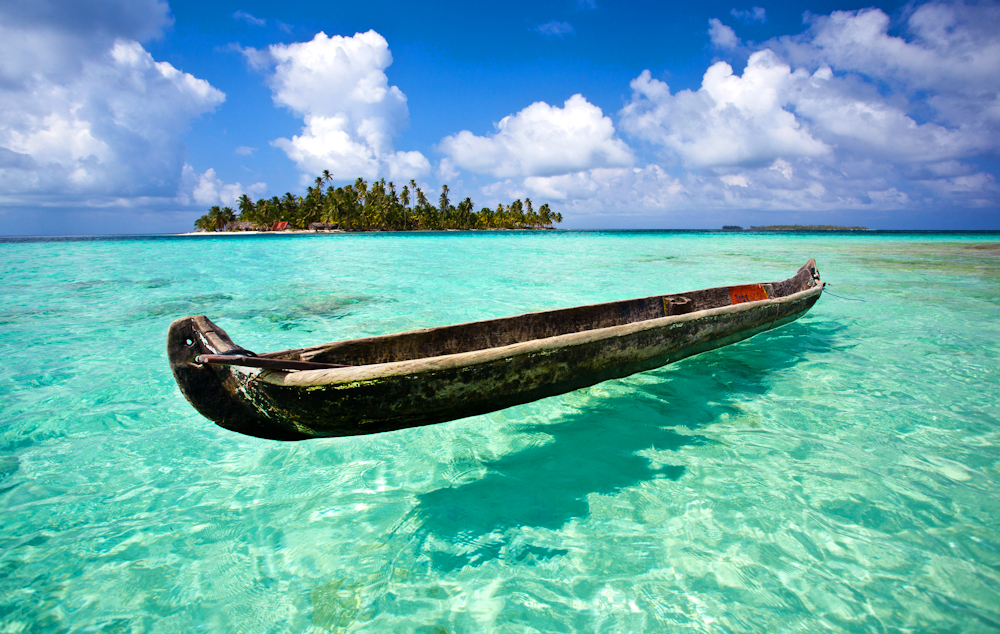(the
following article was published in the magazine “Διιπετές” and is being reproduced here by
permission from the publisher and translated from the original Greek)
Having taken part in several races and also
having made running a part of my daily life, I know intimately the difficulties
and emotional experiences provided by “the road”, everything from introspection
to the challenge for qualification, from simple selfless joy to the ultimate
effort against time and against the natural obstacles posed by an ultra-long
distance. However, I could never have imagined the uplift that I would
experience before I found myself on the Spartathlon course and there are really
no words to describe the exaltation I felt when I finished in Sparta.
Later, when
everything had officially ended, all of us who had shared this incredible
experience were on the return bus, having been joined now by unbreakable bonds
and away from any competitiveness (which anyway isn’t recognized by the
Spartathlon). It was daylight finally and as we were tending our sore muscles,
we were passing by those places where a few hours ago we had left pieces of
ourselves. While reliving the intensity and the pain through the expressions on
the faces of my race-mates as they pronounced in awe one-by-one the names
Lyrkeia, Kapareli, Sagas, Nestani (names which they will never forget), I
realized that nothing had ended. The physical course may have just ended, but
the ‘other’ one, the sweetest one I have ever experienced, the internal
journey, was just starting.
I began the
whole undertaking mostly to confront my physical limits (because no matter what
training you’ve done, nothing guarantees you will complete 6 Marathons
back-to-back, in other words, 246km!) but also with a special commitment to
history. I’d be following in the footsteps of the great long-distance runner
Pheidippides, who in 490 b.c. ran from Athens to Sparta, on a mission from the
Athenians to ask for the Spartan’s help in the battle between the few Greeks at
Marathon against Darius’ multitudinous army. When I saw with how much emotion
and spirit others started, runners from all over the world, I was overcome by
awe and pride.
I arrived
34 hours later as a new man, having encountered first of all the hidden sides of
myself which I didn’t know existed, through moments of confronting my endurance
limits. At those moments, abandoning the race or even collapsing by the road
results not only in your exclusion but can also bring you just one step away
from death. I felt this thoroughly during that amazing night spent going up the
path on mount Artemisio, where according to Herodotus, Pheidippides met the god
Pana (something that modern positivist medicine attributes to the
hallucinations that overcome all runners due to exhaustion and their metabolic
condition at that point).
I call it a
‘catalytic night’ because it was the night that I came face-to-face with my
human strengths, which, if they didn’t abandon me, that is surely because I
crossed the threshold of ultimate willpower and in overcoming even that, I
became the mystic of a divine catharsis. Unwittingly I’m making a somewhat
random association, which, however, has not left my mind since that night : in
ancient times, the Great Mysteries of Eleysina took place during the month
Boedromion (today’s September towards October), in other words, during the same
period of time that the Spartathlon takes place today. Let’s also take into
account, from what little we now know, that during these Mysteries the mystic
underwent successive trials, culminating in his near-death, where he came in
intimate contact with the divine element, obtained the deepest Knowledge and
Self-knowledge and was liberated through catharsis from any meaningless and
superfluous human weakness.
Then the
Spartathlon itself surely is a mystic experience, in contrast to any other
common race. As I was saying later to the priestess who was my guide, that
night on top of the mountain I did not meet Pana but rather Pluto himself. I
came down the other side having become a new man. Whether I wanted to or not, I
was forced to dig deep inside myself, to conquer and eliminate anything
unnecessary that had weighed me down, to revise and reassess my true values and
to thus become worthy of rising one step higher towards becoming a better human
being.
That must
have been the reason why, after a cold and foggy morning in the plain of
Tripoli where I had been struggling to stay on my feet, mindlessly placing one
foot in front of the other, empty of any thought or desire, of any passion but
also of any anxiety, with senses no longer functioning and with muscles
contracting reflexively and disconnected from any higher function, I suddenly
and unexpectedly felt an explosive strength giving me wings. I smiled at my
companions, who were deeply worried watching me in this condition, and said
that I felt like I had just started an hour ago. I finished the race with
confidence and at my peak in Sparta, at the statue of the great king Leonidas,
kissing his feet. I invite anyone for whom the Spartathlon is a simple athletic
event and who believes what I write is exaggeration and ridiculous fiction, to
leave behind any consequential occupation and be there next year at the great
meeting of human spirit, soul and endurance, with nature, the Gods and the
sacred Greek ideals!
Evangelos Apollonios Gogos



































